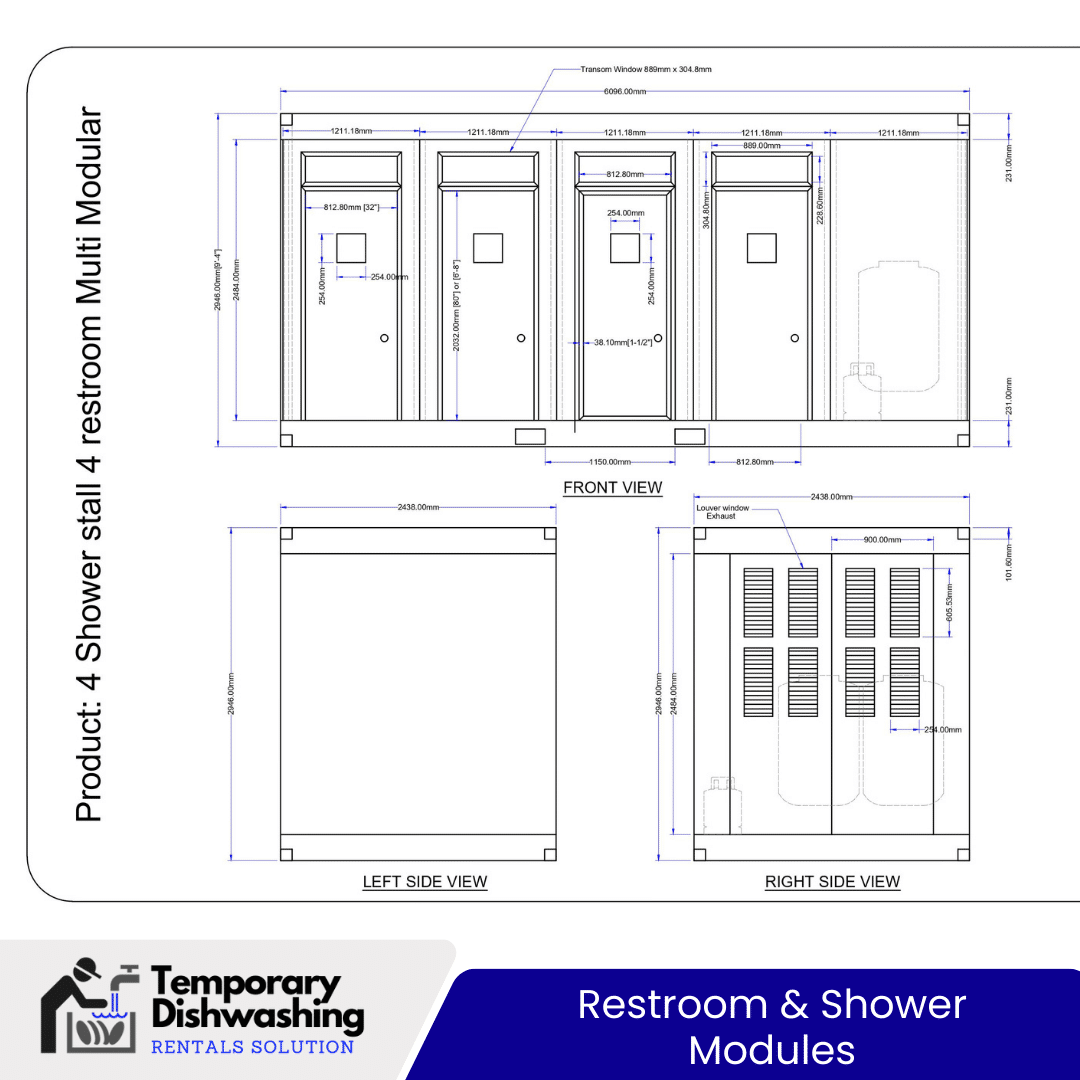- Request a quote? Call us today!
- 1-800-205-6106















































Containerized modules are transforming the digital landscape. They represent a paradigm shift in how applications are developed, deployed, and scaled, driving efficiency and agility in the software lifecycle. Dive deep to understand why these modules are essential for modern businesses.
At their core, containerized modules encapsulate software in a package with everything it requires to run: code, runtime, system tools, and libraries. This standardized environment ensures consistent operation, irrespective of where the container is deployed. Whether it’s on a developer’s local machine, a test server, or in a cloud environment, the software will function predictably and efficiently. This eliminates the “it works on my machine” conundrum, fostering collaboration and streamlining deployment.
Embracing containerized modules offers a slew of advantages. Firstly, they promote microservices architecture, allowing developers to update individual components without overhauling the entire application. This modularity accelerates deployment cycles and facilitates continuous integration and delivery (CI/CD). Furthermore, businesses can achieve better resource utilization, as containers require less overhead than traditional virtual machines. With their lightweight nature and rapid start-up times, containers are particularly suited for scalable cloud-native applications.
Excited about leveraging containerized modules for your business needs? We believe they could be a game-changer for many organizations. Contact us to explore deeper insights and tailor-made solutions around this transformative technology.

















































